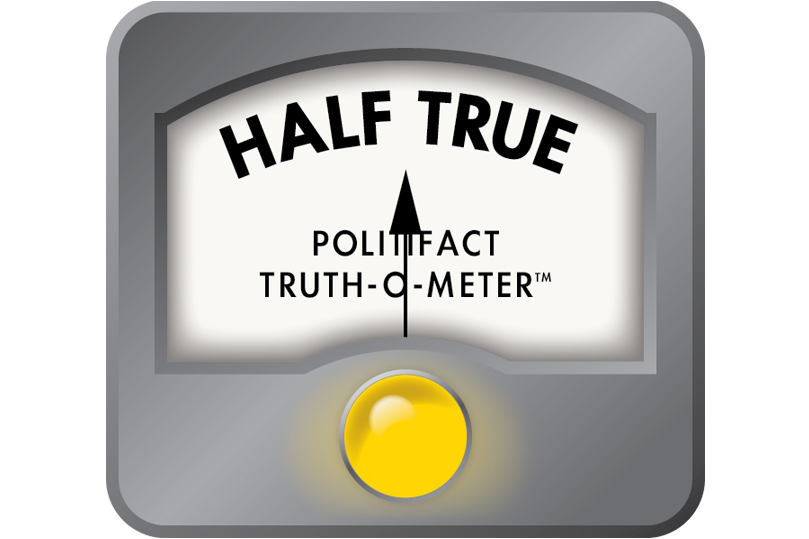Measles Case Confirmed in South Carolina: What You Need to Know

Columbia, SC (WIS) – Health officials in South Carolina have confirmed a case of measles, prompting a renewed call for vaccination and awareness. The South Carolina Department of Health and Environmental Control (DHEC) announced the detection of the highly contagious disease in a resident from the Upstate region.
This marks the first confirmed case of measles in South Carolina since September 2024, raising concerns about potential community spread. Measles is a serious disease that can lead to complications, particularly in young children and those with weakened immune systems. It’s crucial to understand the risks and take preventative measures.
What is Measles and How is it Spread?
Measles is a viral infection characterized by a distinctive rash, fever, cough, runny nose, and watery eyes. It spreads easily through the air when an infected person coughs or sneezes. The virus can remain airborne for up to two hours after the infected person has left the room.
Symptoms to Watch For:
Symptoms typically appear 10-14 days after exposure. Early symptoms resemble a common cold, but a rash usually develops 3-5 days later. If you suspect you or someone you know has measles, it's vital to contact a healthcare provider immediately. Do not go to an emergency room or clinic without calling ahead, as this could expose others to the virus.
Vaccination is Key:
The most effective way to prevent measles is through vaccination. The MMR (measles, mumps, and rubella) vaccine is highly effective and is typically given in two doses: the first at 12-15 months of age and the second between 4-6 years old. Adults who have not been vaccinated or are unsure of their vaccination status should consult their doctor about getting the MMR vaccine.
DHEC's Response and Recommendations:
DHEC is working to identify and contact individuals who may have been exposed to the infected person. They are urging healthcare providers to report any suspected cases of measles immediately. The department also recommends that everyone review their vaccination records and get vaccinated if needed.
“We want to reassure South Carolinians that we’re taking this case seriously and are working diligently to prevent further spread,” said a DHEC spokesperson. “Vaccination remains our best defense against measles and other preventable diseases.”
Protect Yourself and Your Community:
- Get vaccinated: Ensure you and your family are up-to-date on your MMR vaccinations.
- Stay home if you're sick: Avoid contact with others if you have any symptoms of measles.
- Contact your doctor: If you suspect you have measles, call your doctor before going to the clinic or emergency room.
- Practice good hygiene: Wash your hands frequently and cover your mouth and nose when coughing or sneezing.
For more information about measles and vaccination, visit the DHEC website or consult with your healthcare provider.






